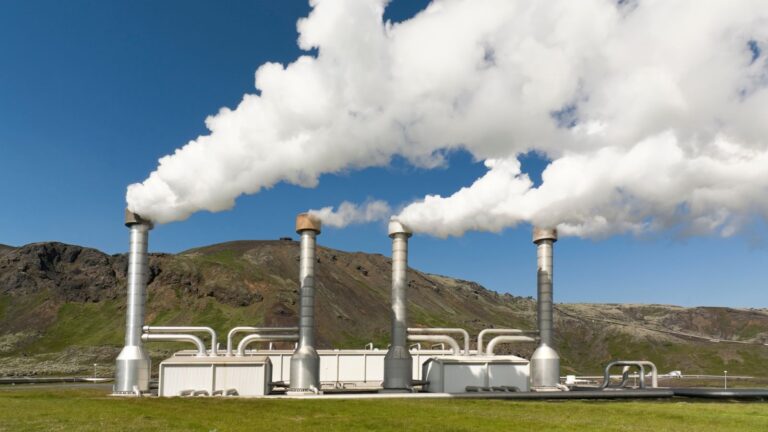President-elect Joe Biden is poised to implement an ambitious climate change agenda across the federal government, encompassing domestic to foreign policy.
A team of former high-level Obama administration officials and experts recently released a 300-page blueprint called the Climate 21 Project, which is intended to lay out a path for the incoming Biden administration to deliver a whole-of-government approach to climate change and a climate policy response starting on Inauguration Day.
In this edition of Columbia Energy Exchange, host Jason Bordoff is joined by Christy Goldfuss, co-chair of the Climate 21 Project along with Duke University’s Tim Profeta, to talk about the findings of the project as well as what Biden’s climate agenda will look like more broadly, what would be possible with a presumably divided congress, her career across public lands, the environmental movement, and climate change, and what she’s doing now at the Center for American Progress.
Christy Goldfuss is the Senior Vice President for Energy and Environment Policy at the Center for American Progress. She previously served as managing director of the White House Council on Environmental Quality (CEQ) during the Obama administration.
Prior to her work at CEQ, Christy was the deputy director of the National Park Service. She also worked on the legislative staff of the House Committee on Natural Resources, and previously worked as a television news reporter. She obtained her undergraduate degree in political science from Brown University.









